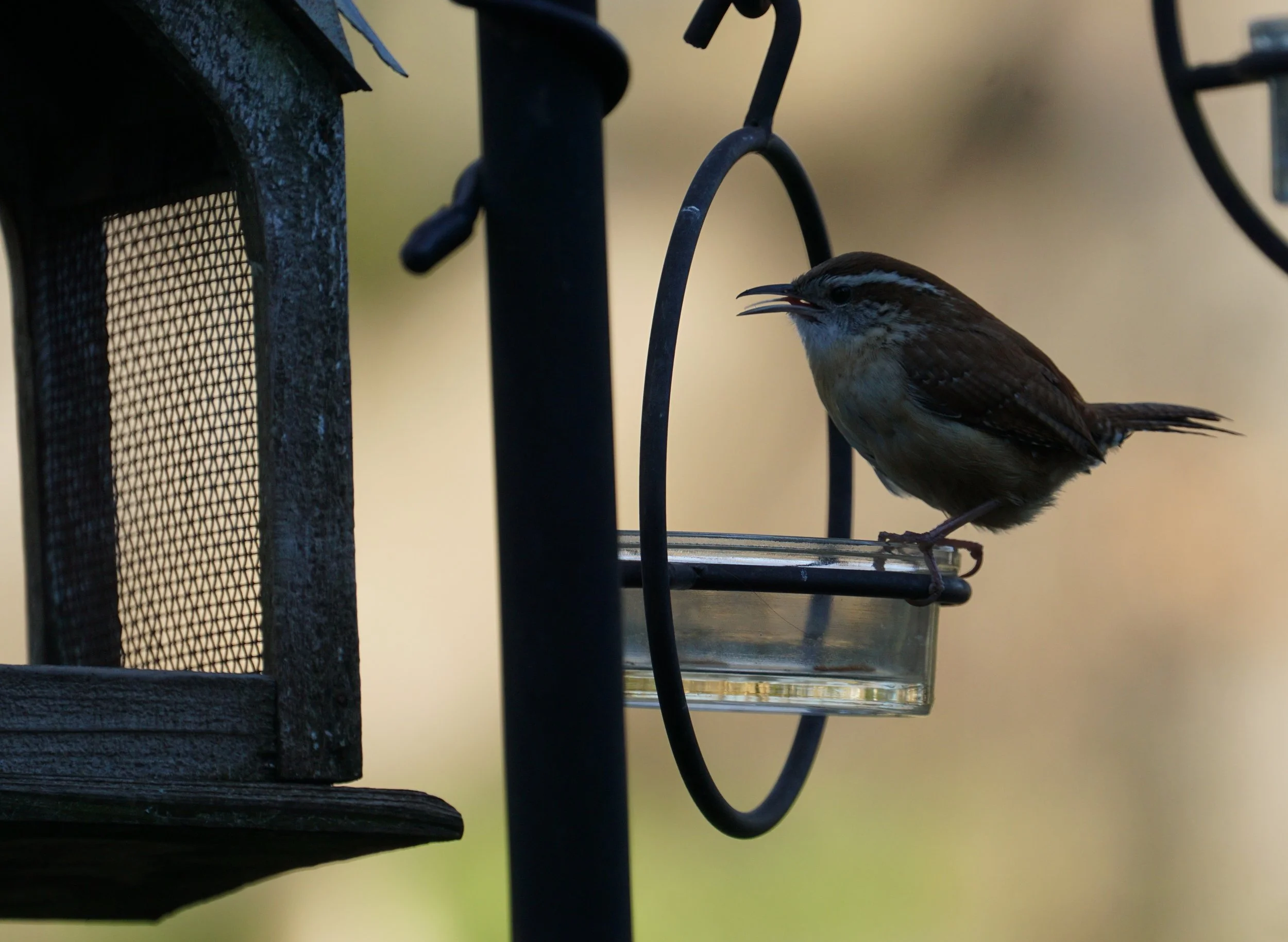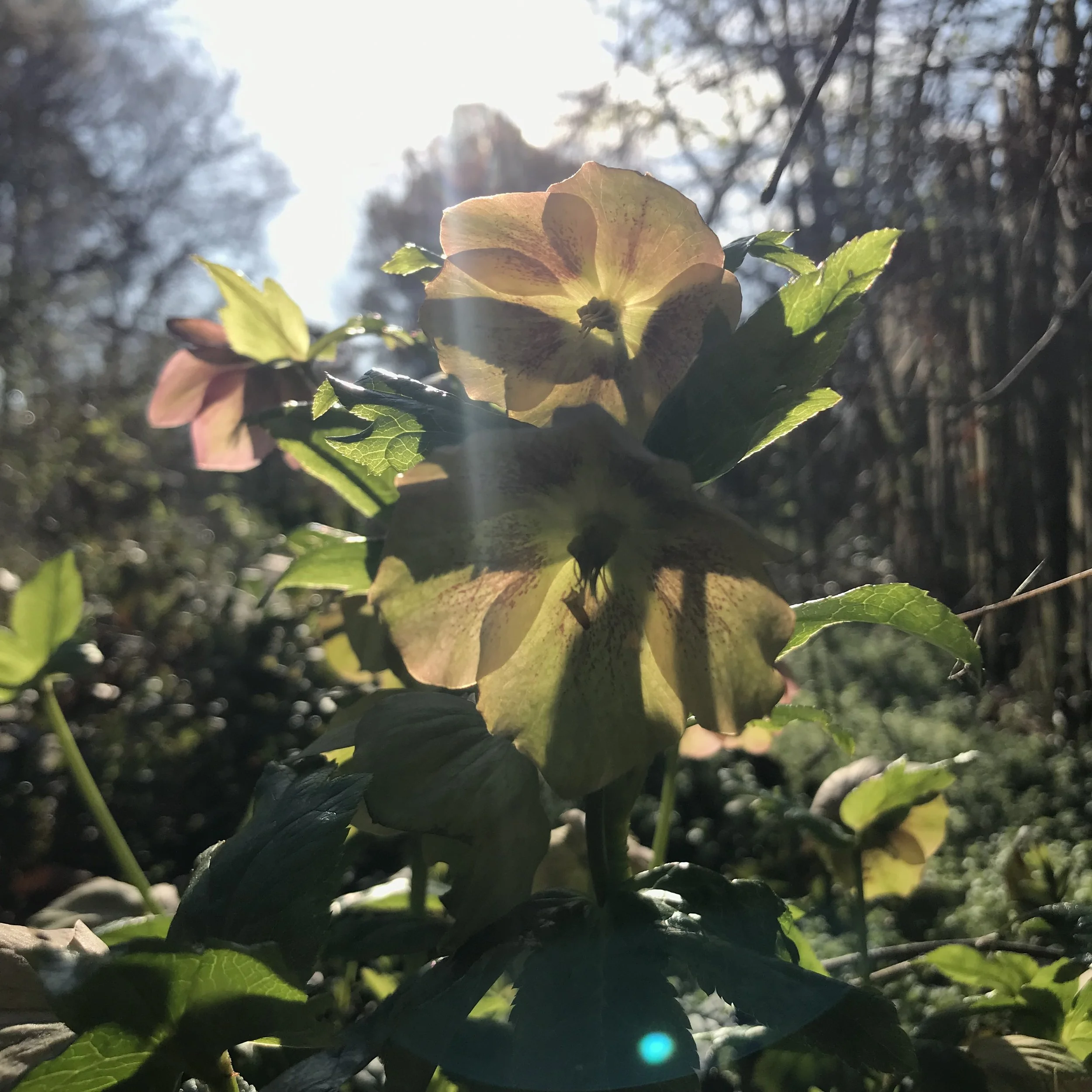News About Town: If you’ve driven down Fullwood Lane recently you might have seen the message board about the town lowering the speed limit. On October 1, 2018 the speed limit will be reduced from 45 to 35. This change came about based on the Public Works Department’s recommendation to the Town Council, who then voted to lower the speed limit.
Don’t say they didn’t warn you.
News Above Town: Afternoon showers and temps in the mid-80s. Speaking of mid-eighties, the high humidity puts Motley Crue #hairgoals well within reach.
News Around Town: Early voting begins October 17, 2018. Polls will be open at the Matthews Library for early voting, but the Matthews location is currently short-staffed. The Mecklenburg Board of Elections pays $12 per hour and the application can be found here. Please contact Marti Duncan (mduncan36@carolina.rr.com) for more information.
Native plants attract all types of pollinators.
One Good Thing: Backyard Birds in Matthews Festival has a busy Saturday planned. First they’re hosting Lisa Tompkins, owner of Carolina Heritage Nursery, with a native plant sale. Lisa will be on- hand to answer your questions about plants appropriate for your particular yard. Then Debbie Foster, Habitat Steward, Central Carolinas Master Naturalist, Audubon Ambassador, and contributing Beacon writer will be explaining the simple steps toward creating a wildlife habitats. Saturday, September 29, 2018, 11 AM til 1 PM; full details here.







